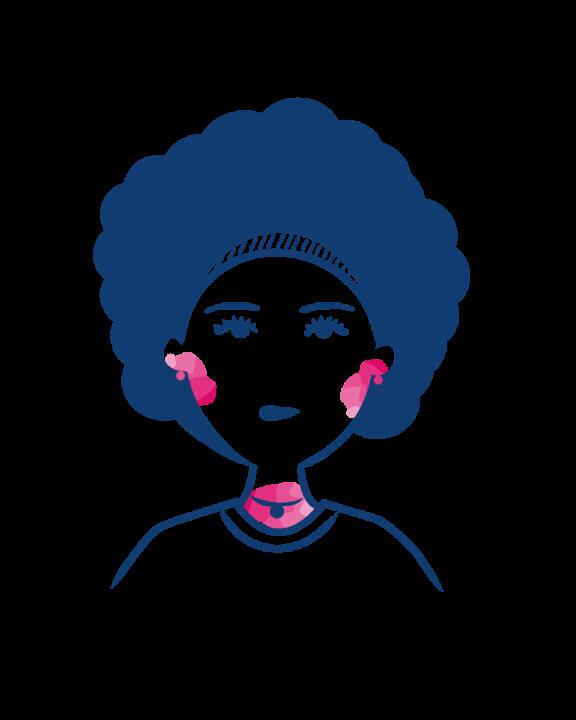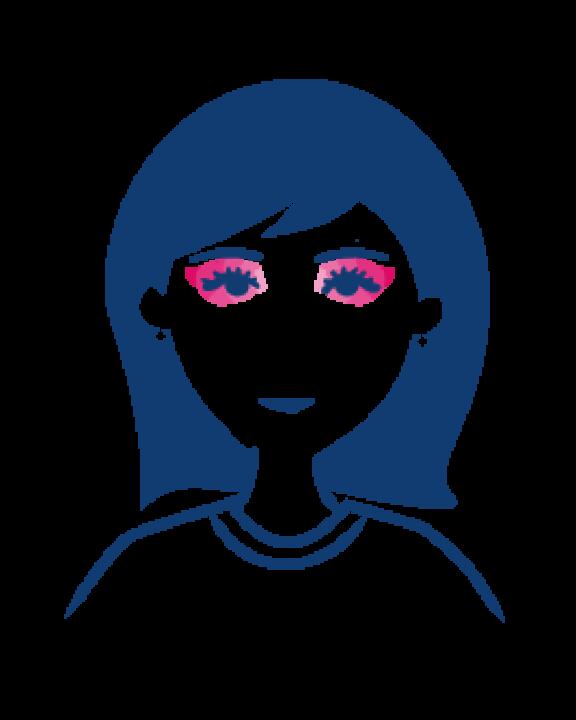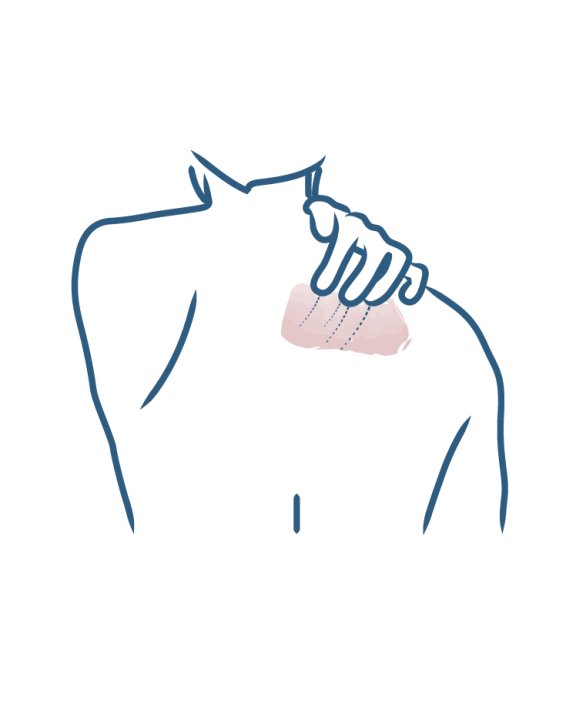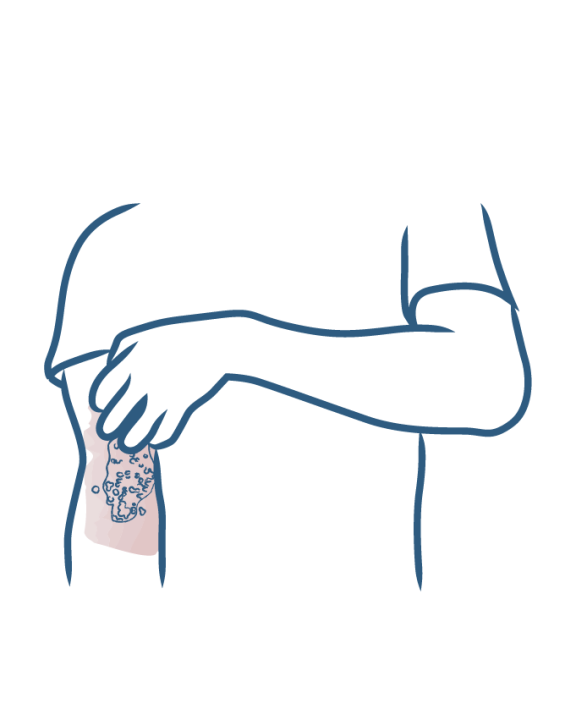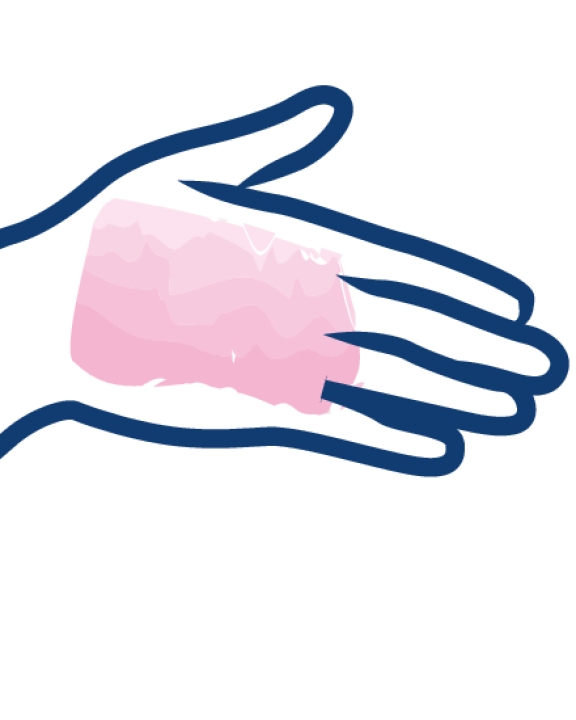- SUMMARY
- Eczema
What is the best treatment for eczema?
- Living with eczema day to day
- What are the habits to avoid when you have eczema?
- Eczema cream, ointment: what should you use?
- What soap should be used for eczema?
- Swimming pool, swimming when you have eczema?
- Eczema: can it be cured?
- Eczema: how to treat itching
- Eczema: what foods should you eat?
- Eczema: What daily reflexes should you adopt?
- Which detergent should eczema patients use?
- Eczema: how can flare-ups be avoided?
- What causes eczema?
- Clothing contact eczema
- Perspiration-induced eczema
- Contact eczema due to cosmetics
- Contact eczema due to medication and topical treatments
- Hereditary eczema
- Contact eczema due to cleaning products
- Contact eczema due to nickel and chromium
- Allergy-induced eczema
- Stress-induced eczema
- Body eczema: hands, feet, arms, back, face, etc.
- Arm eczema (elbows, armpits, forearms)
- Foot eczema
- Eczema in the ears
- Scalp eczema
- Eczema on the back
- Eczema on the stomach and belly button
- Eczema around the mouth
- Leg eczema or varicose eczema
- Eczema of the eyelids, eyes or palpebral eczema
- Eczema on the neck and nape of the neck
- Facial eczema
- Hand and finger eczema (chronic hand eczema)
- What is infantile eczema?
- Eczema in babies: what habits should you adopt?
- How should you treat baby’s and infant’s eczema?
- When should you consult a physician about your baby's eczema?
- Cortisone cream to relieve eczema?
- What soap should be used for babies with eczema?
- Eczema in babies and children: the areas most often affected

What is the best treatment for eczema?
Once the eczema diagnosis has been made by the physician, one or more eczema treatments are suggested. There are a number of effective eczema treatments. Knowing more about them will help you prepare for them.
How should you treat eczema?
The first eczema treatment is local, based on creams prescribed by the physician and/or advised by the pharmacist. The treatment of atopic dermatitis is based on two types of creams:
- On the one hand, creams to be applied to plaques: cortisone creams, ointments based on topical immunosuppressants, soothing repair creams. The treatment is envisaged from the first red plaques until they disappear;
- On the other hand, creams to be applied to dry skin: emollients are available in the form of lotions, creams or balms to adapt to all levels of skin dryness. The treatment is envisaged over a long period of time and prevents the appearance of new flare-ups.
If the creams are not enough to relieve the eczema, the physician will suggest other treatments such as:
- Oral tablets: mainly cyclosporine based, in some forms of adult eczema. The treatment is prescribed over a period of usually one to two years, to help the patient to pass an inflammatory "milestone";
- Injections: a new biotherapy type of treatment has been added to the therapeutic arsenal and constitutes a useful alternative for adults suffering from severe eczema and facing a therapeutic impasse;
- Phototherapy sessions: the application of ultraviolet rays in therapeutic doses and under medical supervision can relieve some forms of eczema in adolescents and adults;
- Thermal cures: they are for young and old alike and last three weeks.
When oral or injectable eczema treatment is started, creams are often continued. Especially the emollient, which must continue to be applied daily to soften and repair the skin, and provide ever greater comfort.
The choice of eczema treatment depends on many factors:
- Age
- Type of eczema
- Severity of skin damage
- Impact on quality of life
- Previous treatments for eczema
- Patient-specific contraindications
How can you relieve eczema without cortisone?
Many people reject cortisone treatments to relieve eczema and seek other eczema solutions.
Cortisone creams are the standard treatment for most eczema. They are the basis for the management of atopic dermatitis but also for the treatment of dyshidrosis or contact eczema.
Cortisone creams have been used for more than 70 years in dermatology. Adverse effects exist: pigmentation disorders, stretch marks, delayed healing, thinning of the skin, etc. At the doses and durations recommended for eczema, these adverse effects are very infrequent and should not prevent the initiation of an effective treatment against eczema.
If you have any questions about your treatment, don't hesitate to ask your physician or pharmacist for advice.
Beware of natural solutions: they are not without risk, especially those based on essential oils. Do not apply anything to eczema plaques other than the treatment prescribed by the physician and/or recommended by the pharmacist.
What should you do about eczema on a daily basis?
Alongside eczema treatment, it is often necessary to implement specific measures in almost all areas of daily life, such as choosing a cleansing product suitable for atopic skin or choosing natural materials such as cotton or linen for clothing.
Stress management is an integral part of eczema treatment when there is a lot of stress and frequent flare-ups
- Sophrology
- Yoga
- Mindfulness meditation
- Relaxation…
Therapeutic education sessions or the use of a patient association can help patients to talk to other patients and feel less alone.
What you need to know
The different eczema treatments outlined above can help relieve eczema and correct the symptoms of a flare-up when it occurs. However, the eczema treatments currently available do not treat eczema permanently, i.e. they do not definitely heal eczema. As with all chronic diseases, eczema treatments must be considered on a long-term basis. If followed properly, eczema treatments often result in very good disease control and improved quality of life.
Our care routines
Skin prone to atopic eczema, contact eczema, chronic eczema and/or, eyelid eczema
Dermatological expertise
To better understand your skin and hair, discover our exclusive content and innovative care products designed to improve your quality of life..

